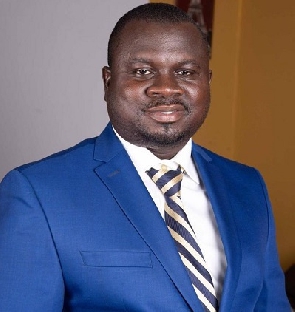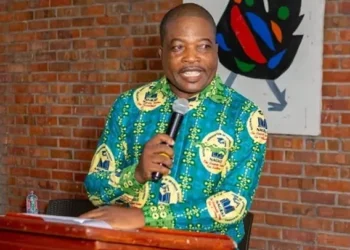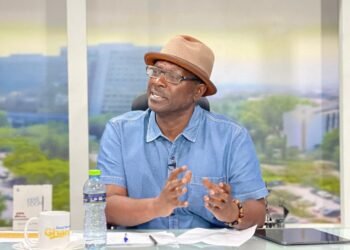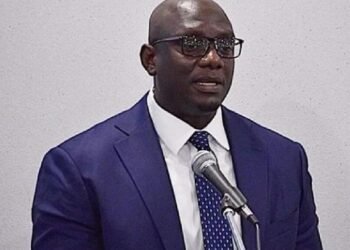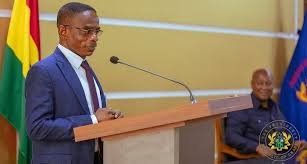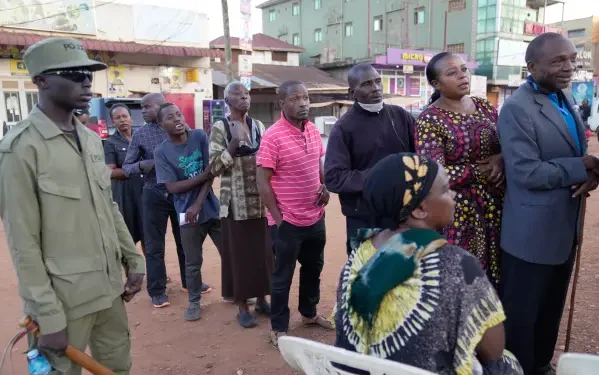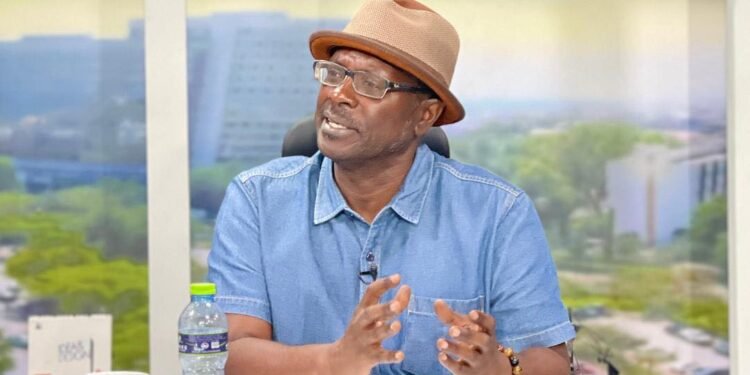President of the Ghana Journalists Association (GJA), Albert Kwabena Dwumfour, has called on journalists and media houses to avoid making reports and comments that undermine the dignity of victims of the August 6 Ghana Armed Forces helicopter crash.
Speaking during a visit to the Chief of Defence Staff, Lieutenant General William Agyapong, he urged practitioners to remain guided by professional ethics in their coverage of the tragedy. He stressed that the media must approach such incidents with sensitivity.
“Let’s be circumspect and desist from using images and making comments that do not dignify the dead. Comments that offend the sensibilities of loved ones.
“It is important that once you are in the news media, as a practitioner, you are guided by the ethics of the profession. Let’s devoid ourselves from just being quick to put the news out there”
Albert Kwabena Dwumfour, President of the Ghana Journalists Association
He further warned that rushing to publish unverified or sensational content erodes credibility and violates the standards of responsible journalism. He pointed out that ethical considerations must take precedence over every action.

“Make sure that before you put the news out, it is newsworthy. We should not hide behind disclaimers to put images that are insensitive out there. Ethically, you cannot use disclaimer to exonerate yourself”
Albert Kwabena Dwumfour, President of the Ghana Journalists Association
Clarifying the Cocoa Sack Controversy
During the meeting, the Chief of Defence Staff, Lieutenant General William Agyapong addressed public criticism over the use of cocoa sacks in transporting the remains of the eight crash victims.
“Let me just round it up by saying that we had to carry out the recovery efforts with the available and appropriate material we had on the ground,” he said, explaining that while body bags were available at the scene, the extreme burns sustained by the victims made it impossible to use them.
The Chief of Defence Staff added that the incident occurred in a dense forest, and as darkness approached, the team faced the urgent decision of whether to leave the remains overnight or use the materials on hand to retrieve them.
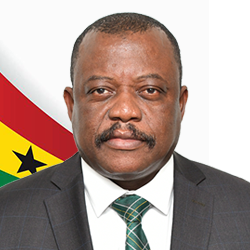
He stressed that leaving the remains at the crash site would have led to further deterioration and possible interference of evidence by “natural elements.”
“We knew what would have happened to the bodies. So the team, assessing the situation, decided to use the available materials they could lay hands on to start the descent”
Lieutenant General William Agyapong, Chief of Defence Staff
Lieutenant General Agyapong maintained that, under the circumstances, the personnel acted with professionalism and resourcefulness, and urged the public to understand the constraints at the time.
Call for Professional Restraint
The GJA President’s appeal comes at a time when public discourse on the crash has intensified, with some media outlets criticised for circulating graphic images and speculative narratives.
His reminder reflects the association’s stance that the role of the press is not only to inform but also to protect the dignity of those affected by national tragedies.

By combining ethical reporting with factual accuracy, Mr. Dwumfour noted, the media can both serve the public interest and uphold professional integrity. His call also underscores the need for ongoing training and adherence to Ghana’s journalistic codes, especially in moments of national grief.
The August 6 helicopter crash, which claimed eight lives including two cabinet ministers, has sparked wide-ranging conversations about the country’s military preparedness, emergency response capabilities, and media conduct during crises.
While the Ghana Armed Forces continues its investigations, the GJA’s position remains that respect for the dead and consideration for bereaved families must guide every stage of news coverage.
READ MORE: IERPP Seeks Parliamentary Probe into Gold for Oil Confusion

